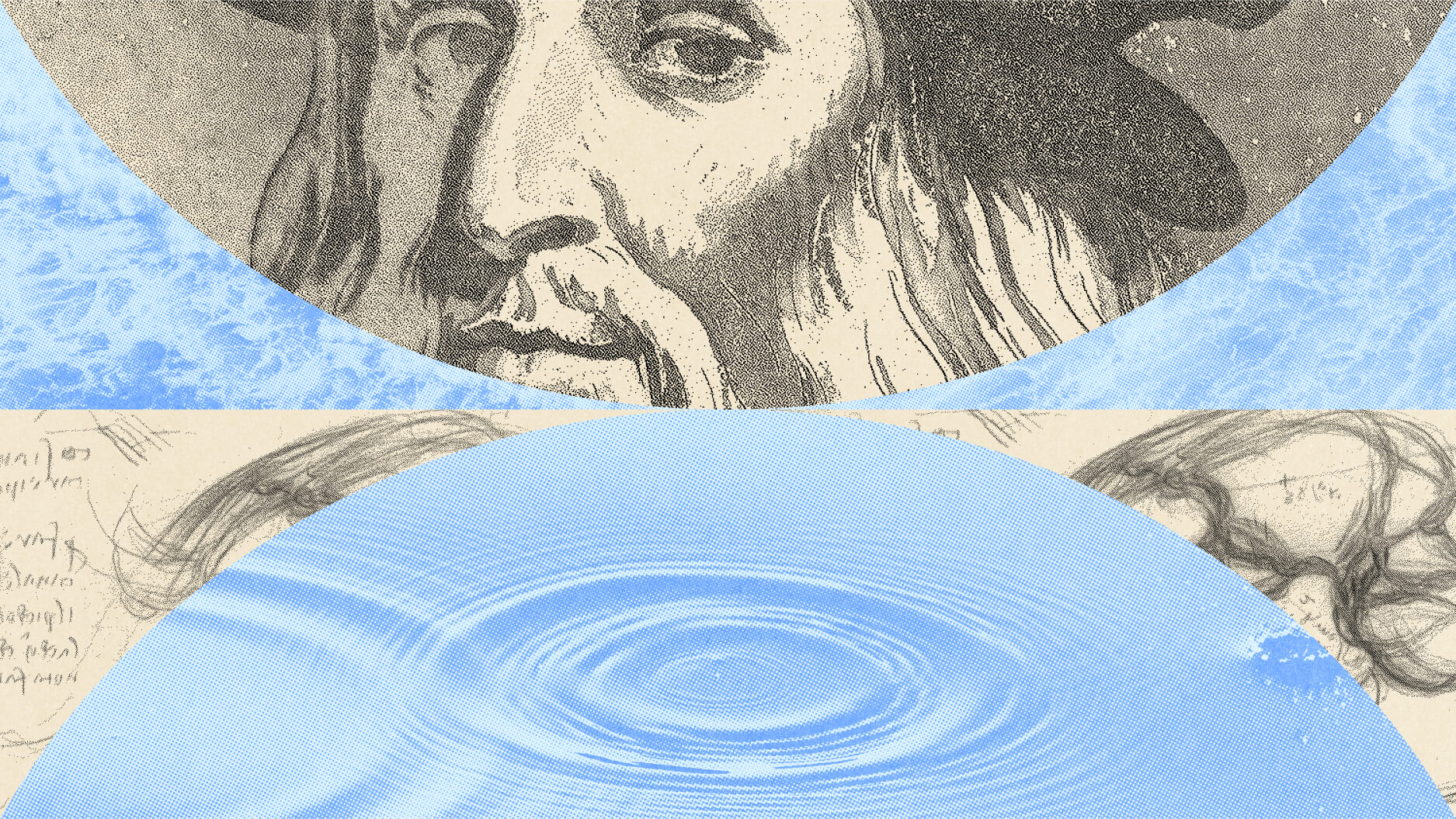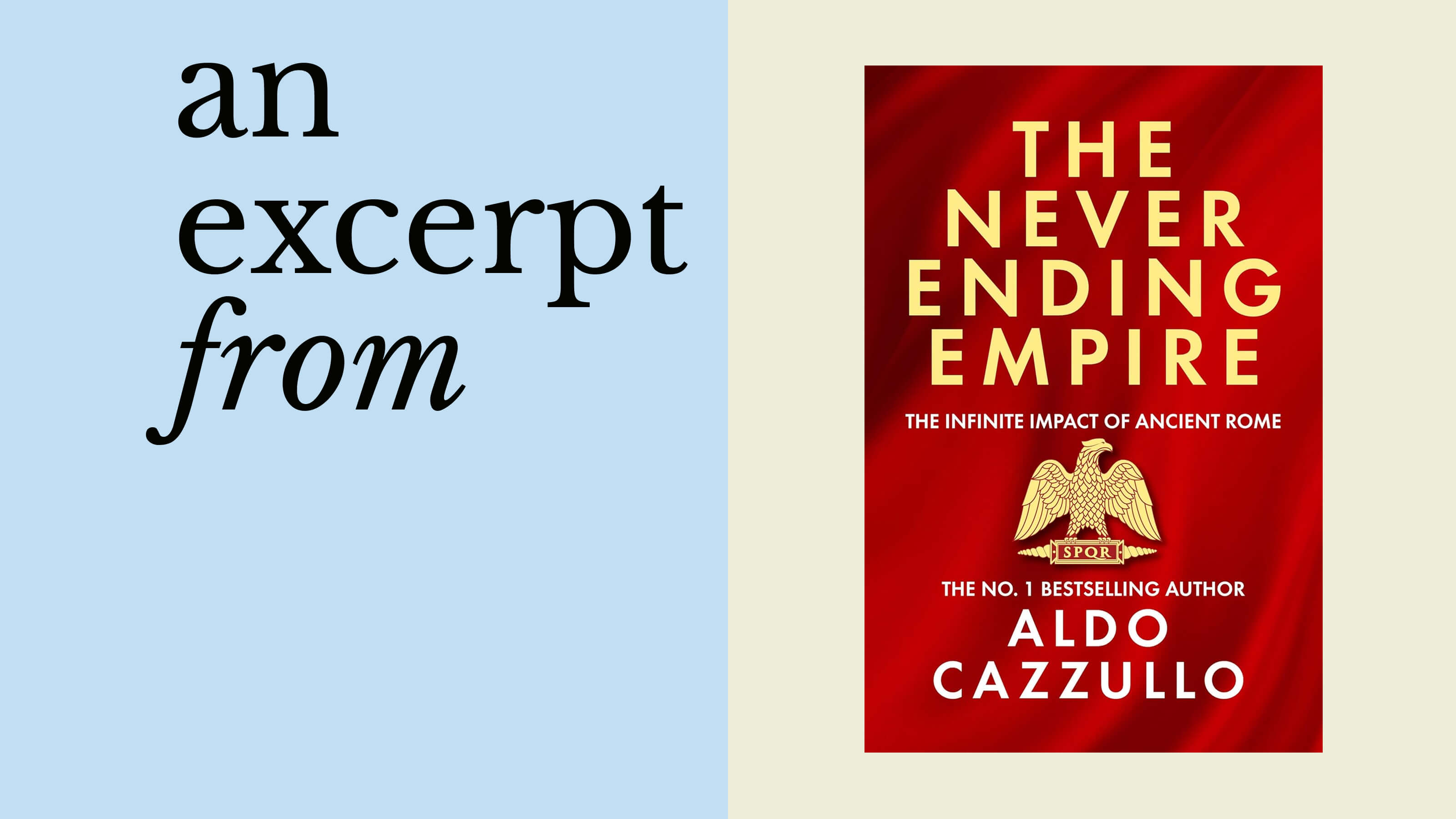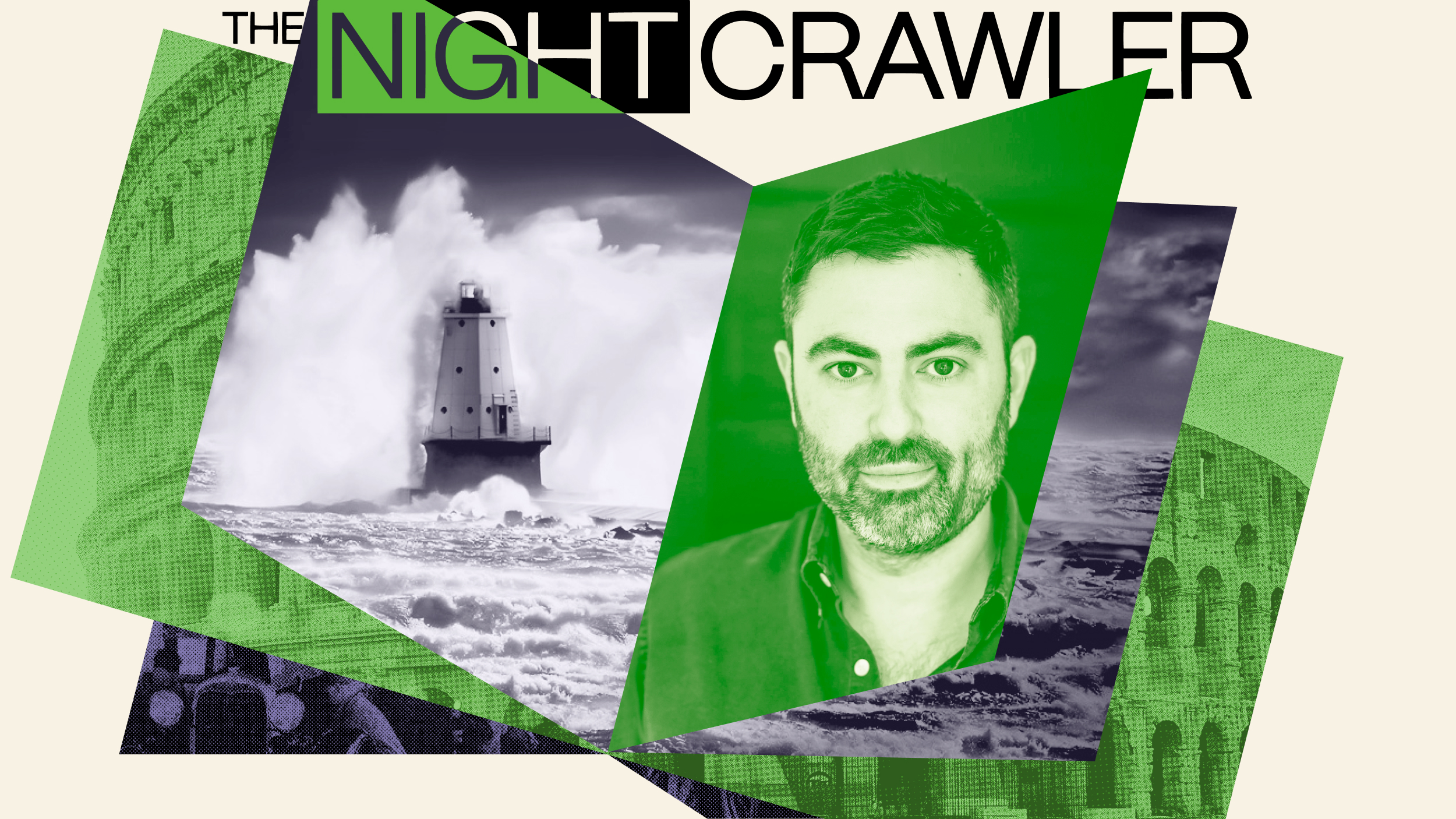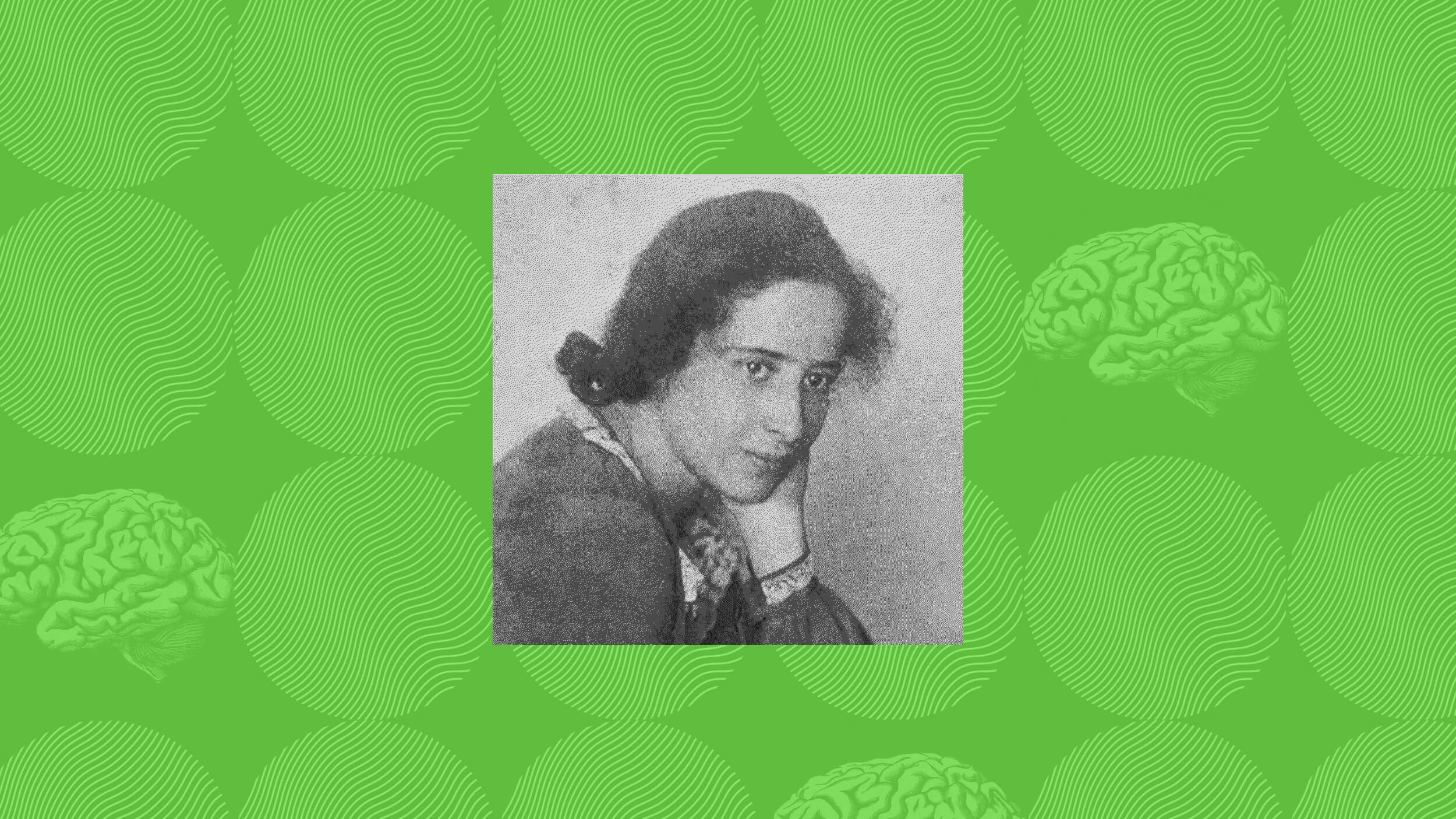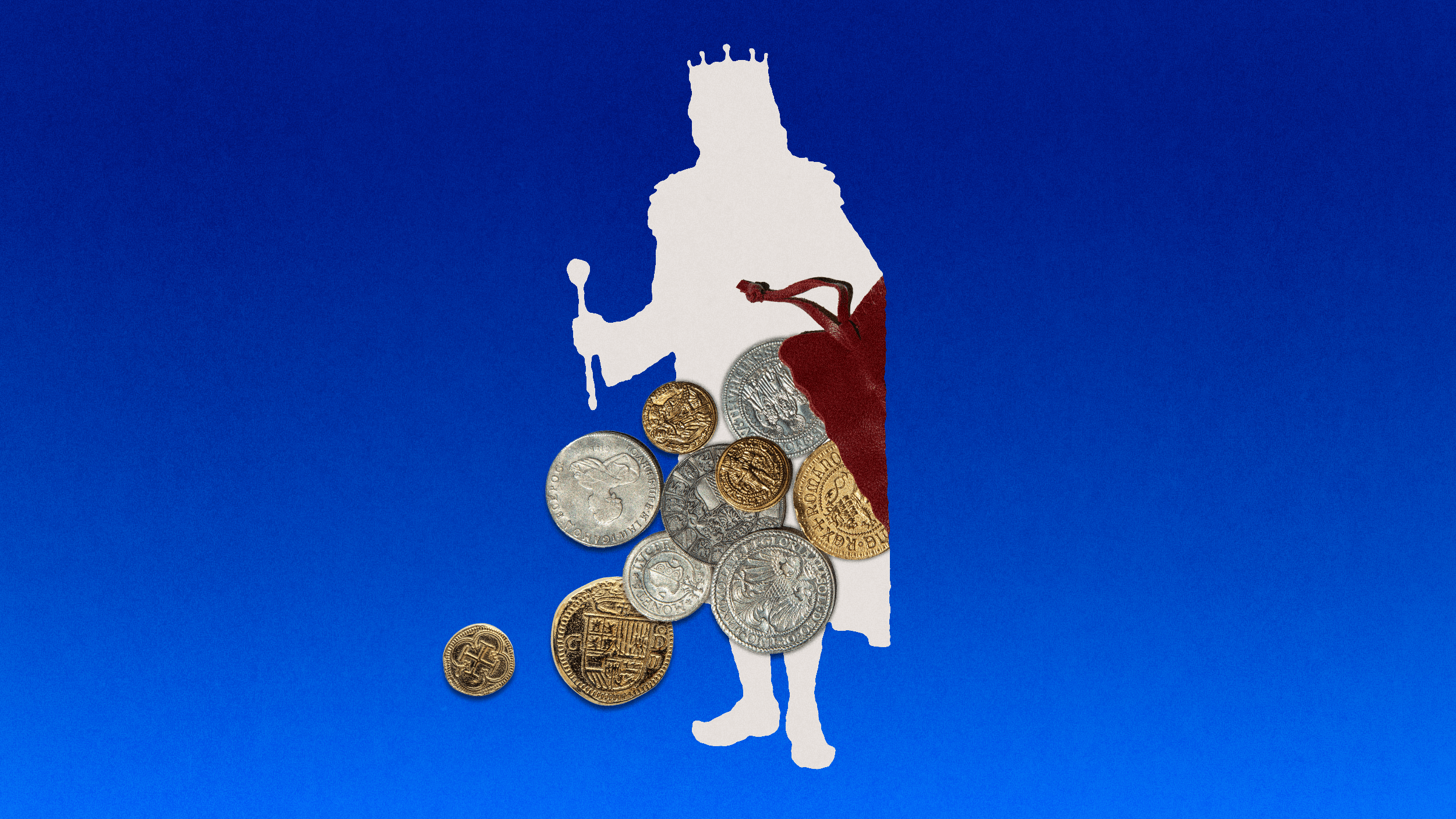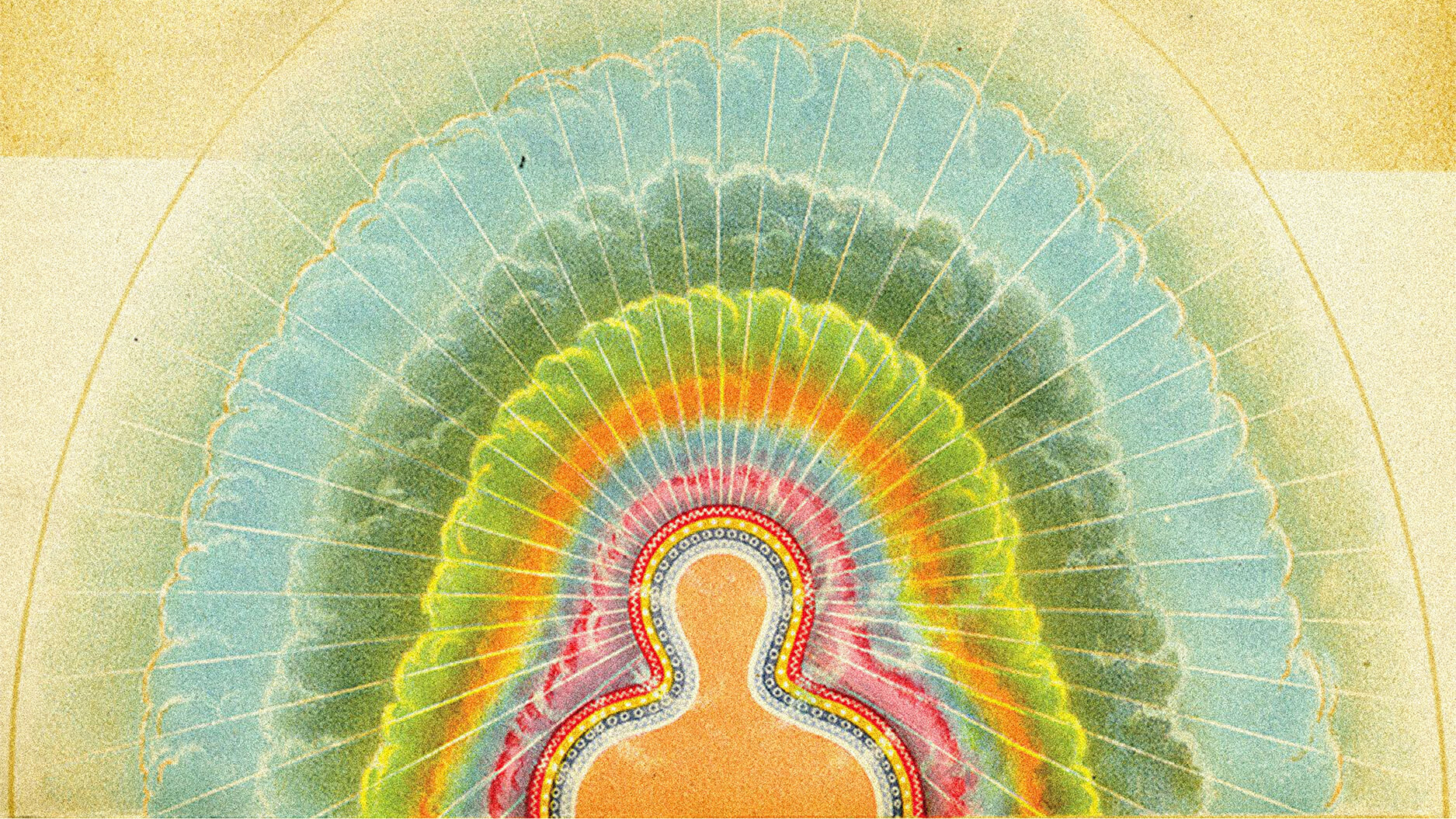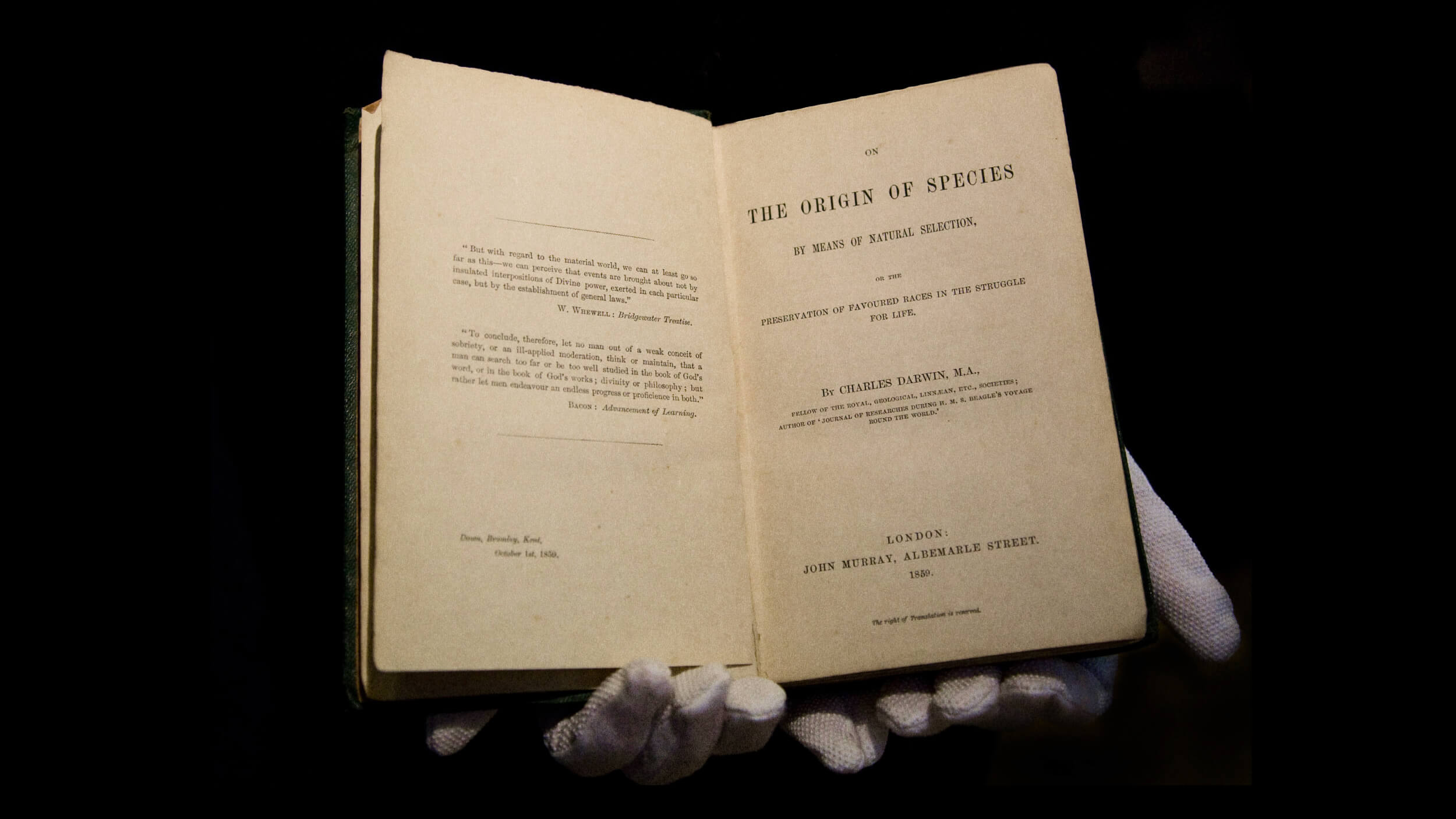history
An atheist’s case for why American democracy needs a more Christlike Christianity.
A comparison of wealth gaps in ancient empires reveals stark differences and lasting consequences.
What made Leonardo da Vinci last wasn’t magic — it was process — and his study of fluids can help us win the long game.
The Gospels aren’t historical biographies but genre-defining works that blend myth, theology, and a promise of hope.
What’s the point in fighting a made up monster?
Experts and Big Think writers recommend their favorite reads for diving deeper into the history and perspectives found in the Book of Books.
The platform is a digital Royal Society for today’s greatest minds — and it could play an essential role in shaping the next civilization.
Dreams of resurrecting lost species didn’t start in Hollywood or Silicon Valley.
From medieval myths to Shakespeare’s plays and modern cinema, British culture kept the Roman Empire alive long after its fall.
Welcome to The Nightcrawler — a weekly newsletter from Eric Markowitz covering tech, innovation, and long-term thinking.
Are we enslaved by the finer things in life?
A.J. Jacobs looks back at what he learned about religion, himself, and modern American culture during “The Year of Living Biblically.”
Long before the search for biosignatures, scientists imagined a cosmos teeming with intelligent life.
As democracy recedes and fascism rises in the USA and around the world in 2025, history provides a lesson in how science can fight fascism.
Arendt thought 20th-century philosophy had become too passive and abstract. She called for “active thinking” that prepares us to live in the real world.
You don’t need to be a scientist or a philosopher for facts, reality, and the truth to matter. The alternative is simply known as bullshit.
In this preview from “The Saucerian,” author Gabriel Mckee explains how the combination of fantastical stories and obscure bureaucracy launched the “space age of the imagination.”
If an asteroid hadn’t killed off the dinosaurs, humans would almost certainly have never walked the Earth.
Trump may make America great again — just not in the way he had intended.
Follow the money and you’ll follow history.
“Try to love the questions themselves, like locked rooms, like books written in a truly foreign language.”
From religious iconography to modern mysticism, the human aura has been a subject of fascination across centuries and cultures.
In “Enough Is Enuf,” Gabe Henry traces the history of simplified spelling movements and the lessons they teach us about language.
That Nietzsche quote might not mean what you think it does.
Most people think that writing fantasy or science-fiction requires a strong imagination. Podcast host Mike Duncan shows a knowledge of real-world history is just as important.
Americans have gone through three historic junctures like what we’re witnessing today — and they happen on an uncanny 80-year cycle.
“It’s much more interesting to live not knowing than to have answers that might be wrong.”
In his new book, the popular science writer tells the story of how scientists discovered the “gaseous ocean” we all swim in — and the trillions of invisible life forms we share it with.
These books helped build the empirical case that life’s origins differ from those described in myths and legends.
Fears of celestial collisions — and calculations of their likelihood — go back to the very origins of modern science itself.


